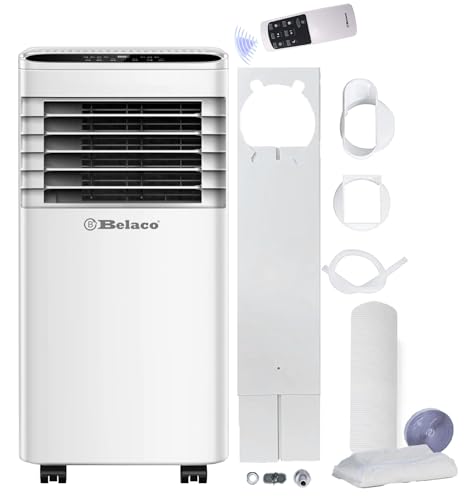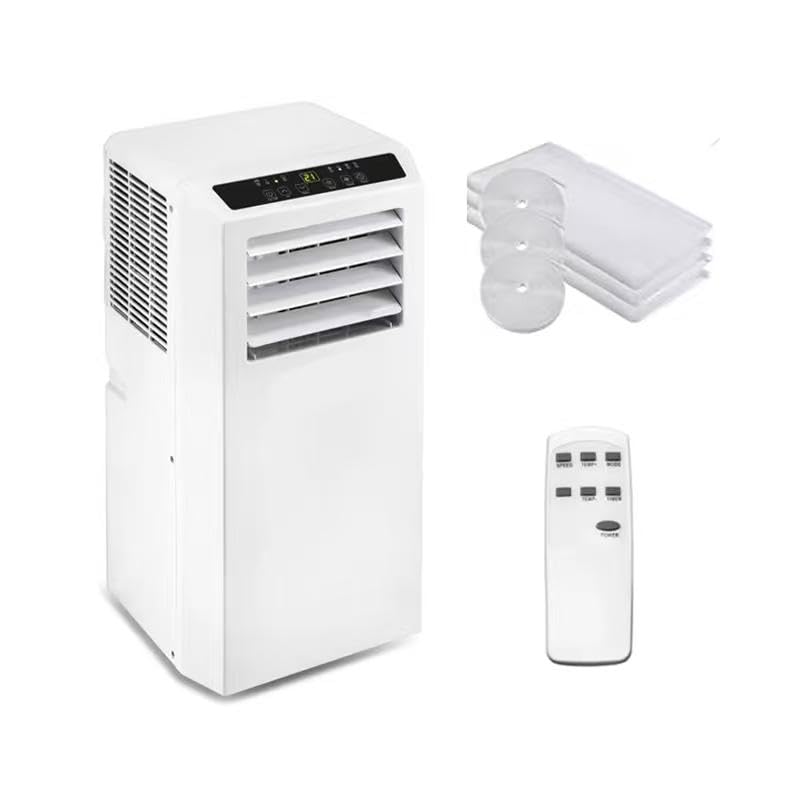Why Cover Your Air Conditioner During Winter Months?
While an air conditioner is an essential appliance for any home during the hot summer months, homeowners wonder whether it is necessary to cover it during winter months. While it may seem like an unnecessary chore, covering your air conditioner during winter can protect it against various elements such as snow, ice, and debris.
The Benefits of Covering Your Air Conditioner During Winter
There are several benefits of covering your air conditioner during winter months. For starters, covering your air conditioner helps to prevent snow and ice from accumulating on the unit. Snow and ice can cause significant damage to the system’s components, including the condenser, evaporator coils, and refrigerant lines.
Secondly, covering your air conditioner during winter helps to keep debris from entering the unit. Leaves, branches, and other debris can accumulate on the unit, causing blockages that impair the unit’s airflow. Blockages cause your system to work harder to cool your home, reducing its efficiency and increasing energy costs.
The Risks of Not Covering Your Air Conditioner During Winter Months
While it is essential to cover your air conditioner during winter, the dangers of not doing so cannot be overlooked. A lack of cover exposes the unit to various hazards, including harsh weather conditions such as snow, ice, and high winds. Additionally, debris can accumulate on the unit, causing blockages that impair the essential components of your unit.
Furthermore, exposing your air conditioner to harsh weather and debris during the winter can result in significant damage, which can be expensive to repair. Thus, not covering your air conditioner during winter months can be a costly mistake in the long run.
How to Cover Your Air Conditioner For Winter Months
Now that you know the importance of covering your air conditioner during winter, here are some tips on how to cover it properly. Firstly, disconnect the power supply to the unit. Next, clean the unit thoroughly to remove debris, leaves, and other materials that may have accumulated on it.
After cleaning, cover the unit with a suitable cover that is designed for your air conditioner model. Ensure that the cover is secured tightly to prevent it from blowing off during strong winds. Additionally, do not cover the unit with plastic or tarpaulin as this can cause moisture buildup, which can damage the components of your unit.
In conclusion, it is essential to cover your air conditioner during winter to protect it from harsh weather conditions such as snow, ice, and debris. Covering your air conditioner not only prolongs the life of the unit but also reduces maintenance costs in the long run. By following these tips on how to cover your air conditioner during winter, you can ensure that your unit is kept in good condition and ready to use when the summer months roll around.






